Lechon, the delicious roasted pig that’s a staple in many cultures, especially in the Philippines, is getting an upgrade. Traditionally made with conventionally raised pigs, lechon is now being reimagined with organically fed pigs. This change brings exciting benefits for taste, health, sustainability, and animal welfare.
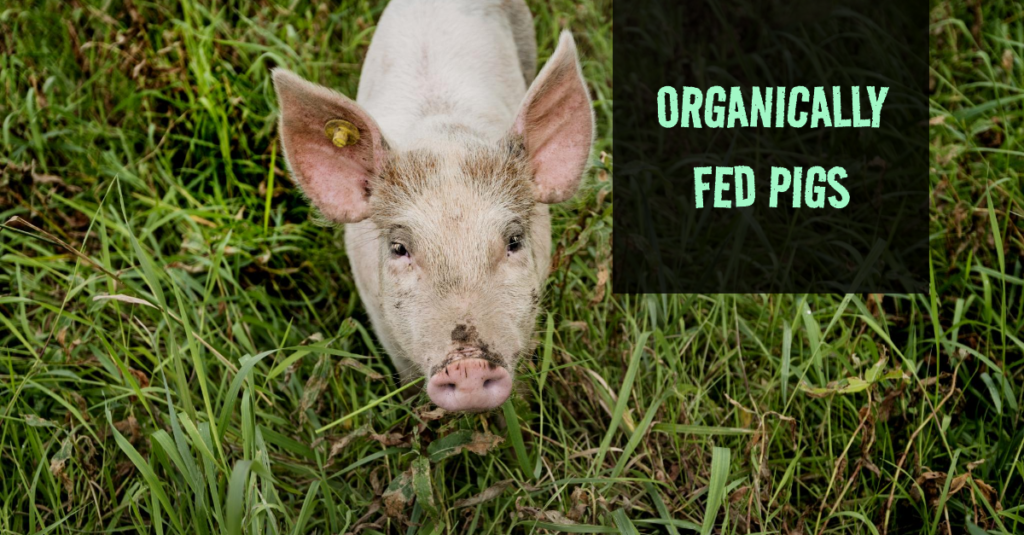
What Makes a Pig Organic?
An organic pig lives a life that mirrors its natural behavior. They roam freely, forage for food, and wallow in mud. Unlike conventionally raised pigs, organic pigs aren’t confined to small crates.
- No synthetic pesticides or fertilizers in feed
- Access to outdoors
- No routine antibiotics
- Non-GMO feed
These conditions ensure the pigs grow in a stress-free environment. As a result, they lead healthier lives and produce superior meat.
The Taste Test: Organic vs. Conventional Lechon
Lechon masters across the Philippines are turning to organic pigs. They claim these pigs yield a lechon that’s unparalleled in taste and texture.
Flavor Profile : Organic lechon boasts a richer, more complex flavor. The pigs’ varied diet, which includes roots, insects, and wild plants, contributes to this. In contrast, conventionally raised pigs eat a monotonous diet of grains.
Chef Antonio Perez, a lechon expert in Cebu, says, “Organic lechon tastes more… porky. It’s not just salty; there’s a subtle sweetness and nuttiness.”
Texture and Fat: Another notable difference is the texture. Organic lechon’s meat is firmer yet more tender. This is due to the pigs’ active lifestyle, which develops their muscles naturally.
The fat in organic lechon is also different. It’s less greasy and melts cleanly in your mouth. Some describe it as “buttery” rather than “oily.”
Health Benefits: More Than Just Taste
Switching to lechon made from organically fed pigs isn’t just about better taste—it’s also about better health. This meat can be a great part of a balanced diet.
Higher Omega-3 Content: Studies show that organic pork contains up to 50% more omega-3 fatty acids. These heart-healthy fats reduce inflammation and lower heart disease risk.
Lower in Bad Fats: Conversely, organic pork has less saturated and monounsaturated fat. This makes organic lechon a slightly healthier choice for those watching their fat intake.
No Antibiotic Residues: Perhaps the most significant health benefit is the absence of antibiotic residues. Conventional pig farms often use antibiotics to prevent disease and promote growth. This practice contributes to antibiotic resistance, a global health threat.
Environmental Impact: Greener Lechon
Organic pig farming isn’t just better for your health; it’s better for the planet too.
Soil Health: Organic farms don’t use synthetic pesticides or fertilizers. Instead, they rely on natural methods like crop rotation and composting. This approach maintains soil health, ensuring it can support future generations.
Water Quality: In conventional pig farms, waste often contaminates water sources. Organic farms manage waste more sustainably, protecting rivers and groundwater from pollution.
Biodiversity: Organic pig farms often coexist with diverse ecosystems. Some farmers even integrate forestry or plant native species. This practice supports a wide range of wildlife, from insects to birds.
Economic Impact: Boosting Local Communities
The organic lechon trend isn’t just a culinary fad; it’s transforming local economies.
Premium Pricing: Organic lechon commands a higher price, often 20-30% more than conventional lechon. While this might deter some consumers, many are willing to pay for quality.
Supporting Small Farms: Most organic pig farms are small-scale operations. When you buy organic lechon, you’re often supporting a family-run business. This keeps money within the local community.
Eco-Tourism: Some organic pig farms are becoming tourist attractions. Visitors can see how the pigs live, learn about organic practices, and, of course, enjoy fresh lechon. This new form of eco-tourism brings additional revenue to rural areas.
Challenges in Organic Pig Farming
Despite its benefits, organic pig farming faces hurdles.
Higher Production Costs: Organic feed is more expensive. Additionally, since antibiotics aren’t used preventatively, farmers must invest more in hygiene and animal care.
Slower Growth Rates: Without growth-promoting additives, organic pigs take longer to reach market weight. This extended timeline increases labor and feed costs.
Limited Availability: There aren’t enough organic pig farms to meet the growing demand. This scarcity can lead to supply issues, especially during peak seasons like Christmas.
Where to Find Organic Lechon
For those eager to try organic lechon, here are some renowned spots:
- Rico’s Lechon, Cebu City
- Pepita’s Lechon, Manila
- Bai Lechon, Davao City
- Teryos Lechon, Antipolo City
Many also offer nationwide delivery, making organic lechon accessible to all.
Teryos Lechon: Healthier Lechon for a Healthier You
Teryos Lechon isn’t just about taste; it’s also about providing a healthier option for their customers. By using organically fed pigs, Teryo’s ensures that their lechon is free from harmful antibiotic residues and chemical additives.
Teryos Lechon’s commitment to using organically fed pigs also reflects their dedication to environmental sustainability. Organic farming practices used to raise these pigs are designed to protect natural resources and promote biodiversity.
The organically fed pigs used by Teryos Lechon are raised according to strict animal welfare standards. They are provided with a natural, stress-free environment, which contributes to their overall health and well-being. This humane treatment is reflected in the superior quality of the lechon.
By choosing Teryo’s Lechon, you’re not just enjoying a delicious meal; you’re supporting a movement towards better health, improved animal welfare, and a healthier planet. Teryo’s Lechon invites you to be part of this positive change, one bite at a time.
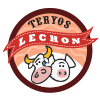
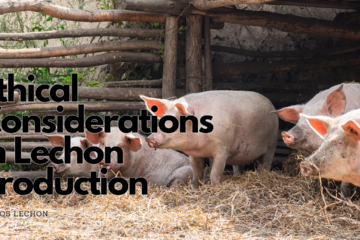
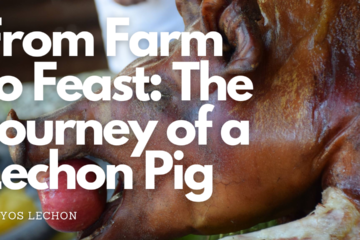
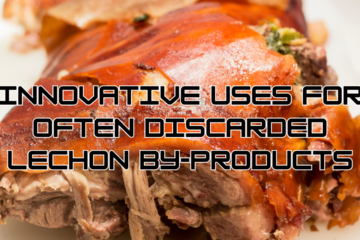
0 Comments